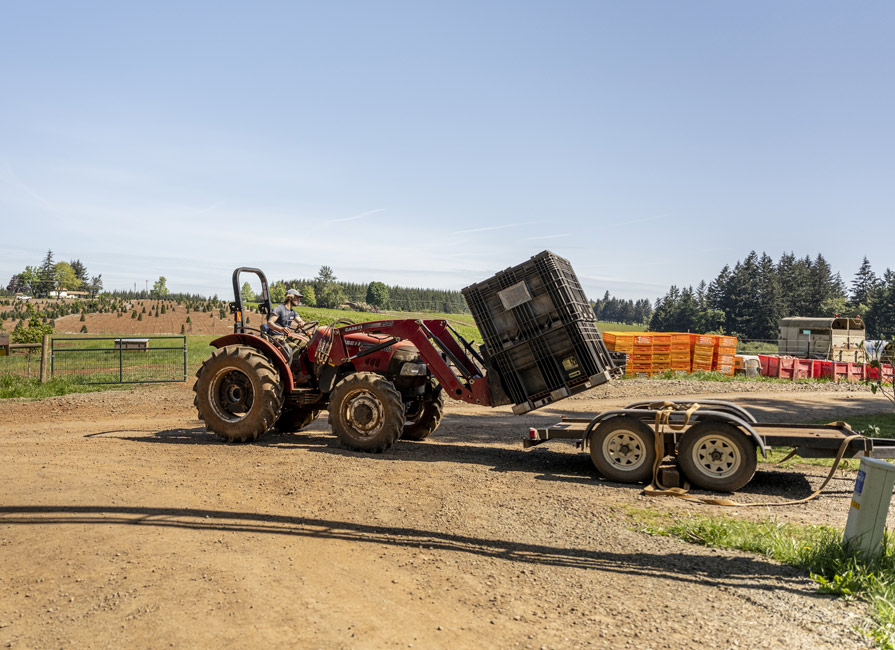One of the key attractions of our Certified Regenerative by AGW program is its practical…
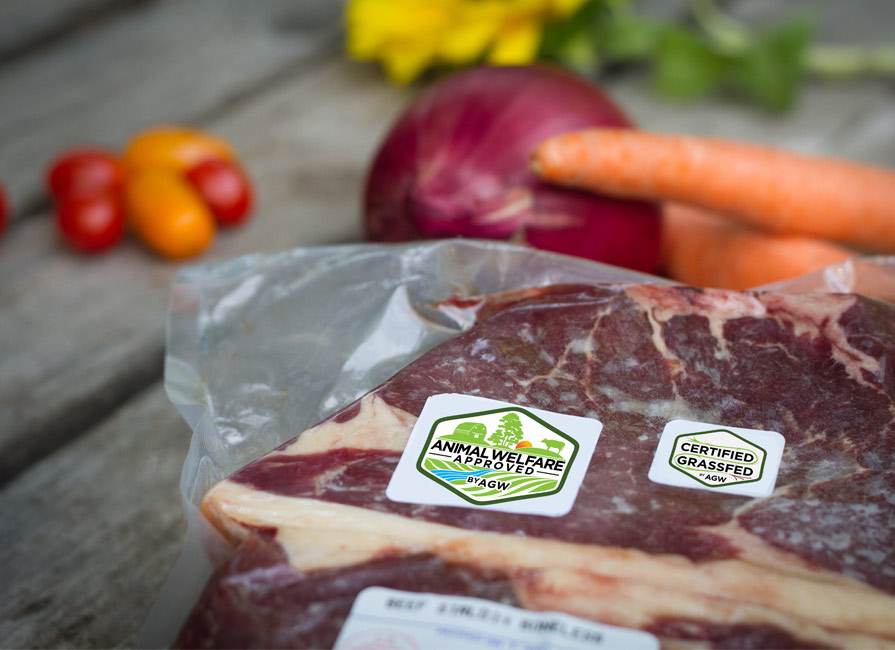
Behind The Label
Organic. Cage-Free. Grassfed. Natural. What do these terms and claims really mean, and how
do you know which ones are trustworthy? Unless a claim is verified by an independent third party, the integrity of a food label is only as reliable as the individual or company making it. As a shopper, understanding what label claims on meat, dairy and eggs actually mean—and don’t mean—will help ensure that you are making food choices that align with your values.
Cage-Free has no legal or regulated definition. While it implies animals are raised outdoors on pasture, this claim is highly misleading: “Cage-free” chickens, for example, are often raised indoors in overcrowded, enclosed barns.
–Not verified
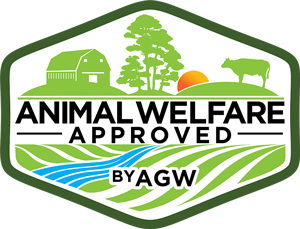
Certified Animal Welfare Approved by AGW is a third-party certification and the most highly regarded food label when it comes to animal welfare, pasture-based farming and sustainability. AGW labels are the only labels that require audited high-welfare slaughter practices with pre-slaughter stunning and pasture access for all animals.
–Verified
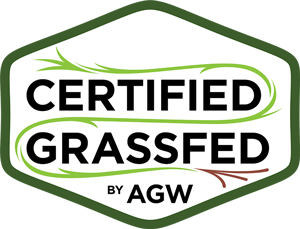
Certified Grassfed by AGW is the only grassfed welfare label. An optional, additional accreditation to Certified Animal Welfare Approved, it guarantees a 100% grass and forage diet and the highest welfare standards. Learn more about grassfed claims here.
–Verified
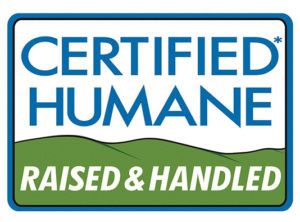
Certified Humane is a third-party certification that defines space requirements for animal management and carries out audits to its published standards. While Certified Humane has optional pasture-raised standards, it does not require pasture-based management as a baseline and allows routine confinement.
–Verified
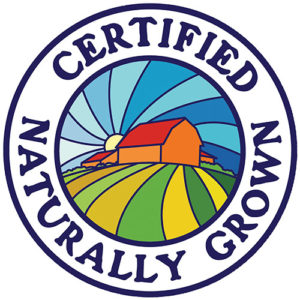
Certified Naturally Grown (CNG) is modelled on a Participatory Guarantee System (PGS), employing a peer-review inspection process built on local networks, rather than a formal or independent audit. CNG products are registered as having been produced in approximate accordance with National Organic Standards.
–Not independently verified
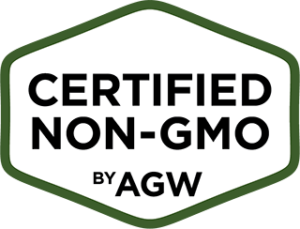
Certified Non-GMO by AGW guarantees food products are not only produced without GMO feed, supplements or ingredients, but is also the only non-GMO label to guarantee high animal welfare and environmental sustainability. Learn more about GMOs and non-GMO claims here.
–Verified
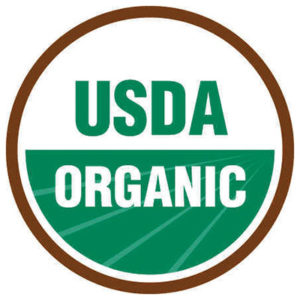
Certified Organic: In general, organic production limits the use of conventional chemicals, pesticides, hormones, antibiotics and other inputs. However, it fares poorly when it comes to animal welfare, as it does not ensure outdoor access, responsible antibiotic use or meaningful animal welfare standards. Standards are written by the USDA National Organic Program.
–Verified
Fair Trade labels share a vision of the world in which justice and sustainable development are at the heart of trade structures and practices. Fair Trade certifiers require an audit before allowing the use of a fair trade label; membership organizations, however, only screen submitted information and may not carry out audits.
-Verification dependent on label
Free Range is a positive-sounding term legally defined for poultry meat only. Consumers should be aware the type of outdoor access provided (pasture vs. dirt lot), size of outdoor area, length of time birds spend outdoors (if at all) varies greatly among farms. The claim provides no assurance of any other high-welfare or environmental management practices.
–Not verified
Grassfed is legally defined by the United States Department of Agriculture (USDA) Food Safety and Inspection Service (FSIS), but actual production practices can vary greatly. Unless it’s accompanied by an additional certification, a grassfed label refers only to the animals’ diet: It does not tell you if an animal was given routine antibiotics or hormones, or offer any other assurances about animal welfare or the environment.
–Not verified
Humane: There is no legal definition or minimum agreed welfare standard for the term “humane.” Buyers should be cautious about label claims of humane or high-welfare treatment without an independent third-party certification.
–Not verified
Natural/All Natural is one of the most misleading label claims. Consumer surveys show most people think it refers to how animals are raised. Yet a “natural” label, as legally defined by the USDA, applies only to how meat is processed after slaughter.
–Not verified
Pastured/Pasture-Raised is not legally defined. While it implies animals were raised outdoors on pasture, there is no way to know—unless it’s accompanied by a third-party certification that requires pasture-based management, like those offered by AGW. Read more about pasture-raised claims here.
–Not verified
To learn more about other food labels and third-party certification, download our free Food Labels Exposed Guide here. To find certified meats, cheeses, eggs, and other products near you, visit our online directory here.


